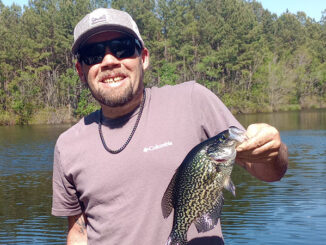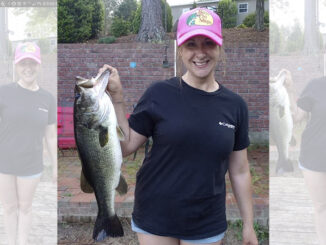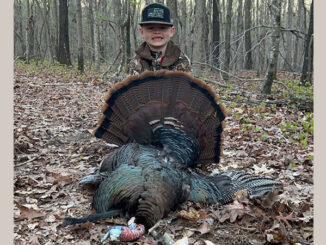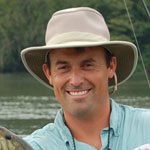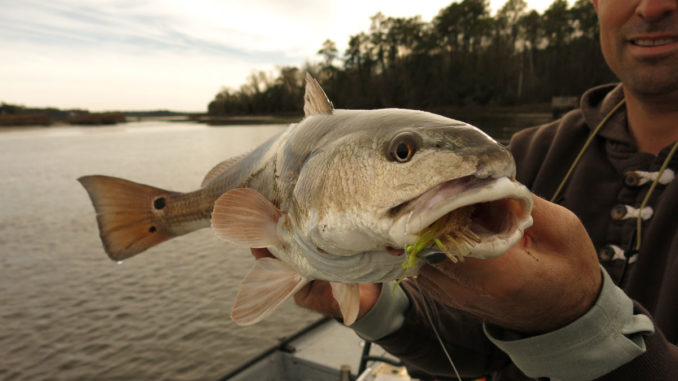
Unique color is unnatural, but fish love it
For more than a century, lure manufacturers have tried to develop the perfect size, shape and action to get a fish’s attention. New lures debut frequently, saying they out-fish all predecessors and, in some cases, even live bait. While most lures will resemble some type of prey, often the color hues available will range from natural-looking patterns good enough to fool an angler to an extremely foreign mixture of colors that would never appear on a natural canvas. Sometimes, the most-effective color patterns are nowhere close to the real thing.
In the natural world, color palates are fairly basic,with a variety of browns, blacks, silvers, greens, and even the occasional blue. So when do hot pink, glowing purple and florescent orange show up in the animal kingdom? Rarely if ever. In fact, one color, chartreuse, is one of the most-popular unnatural colors in the lure industry.
What is chartreuse?
Technically, chartreuse is a unique mixture of yellow and green, but it is only documented in nature in a unique type of freshwater yellow-green algae called xanthophytes. But no fish attacks a chartreuse lure because it mistook it for a big clod of algae.
Whether fish are able to see chartreuse better than other natural colors or if chartreuse triggers a natural feeding instinct, there is no doubt it is a good shade to incorporate into fishing lures.
Capt. Chris Orvin believes every lure needs to feature a bit of chartreuse to catch any fish.
“I love something with chartreuse in it,” said Orvin. “It seems to set them off and trigger a bite.”
Orvin uses some lures that are completely chartreuse and some that carry just a small peppering of the color.
“I know it works and it always gives me more confidence. So, go chartreuse or go home,” he exclaims.

